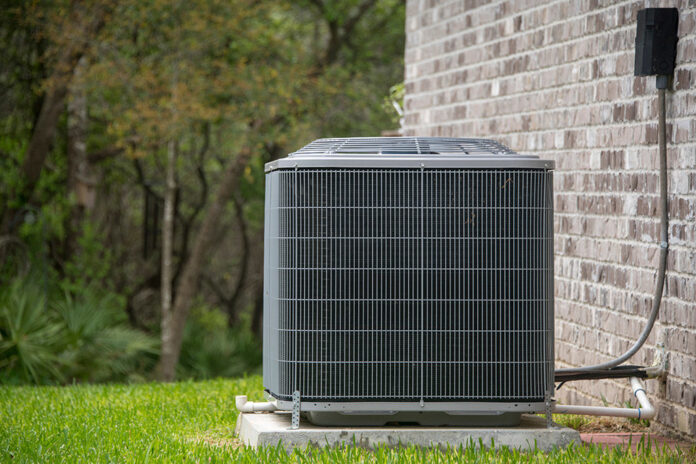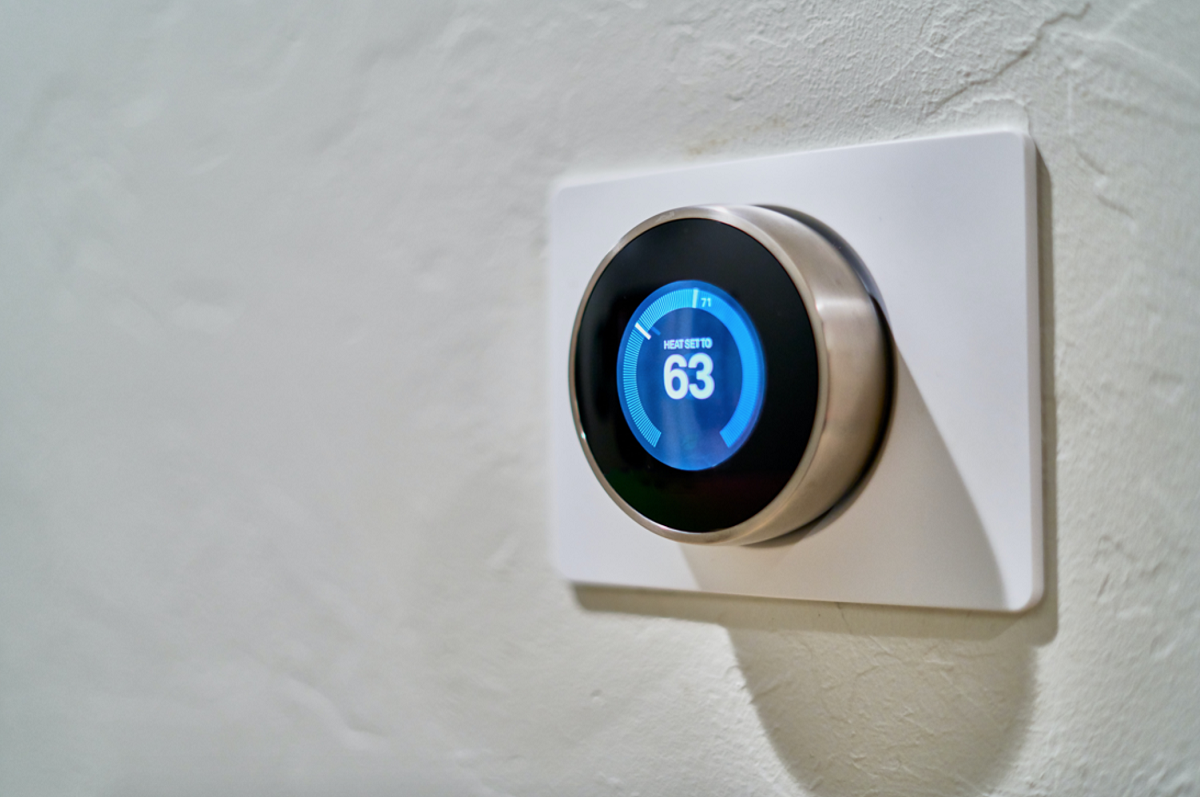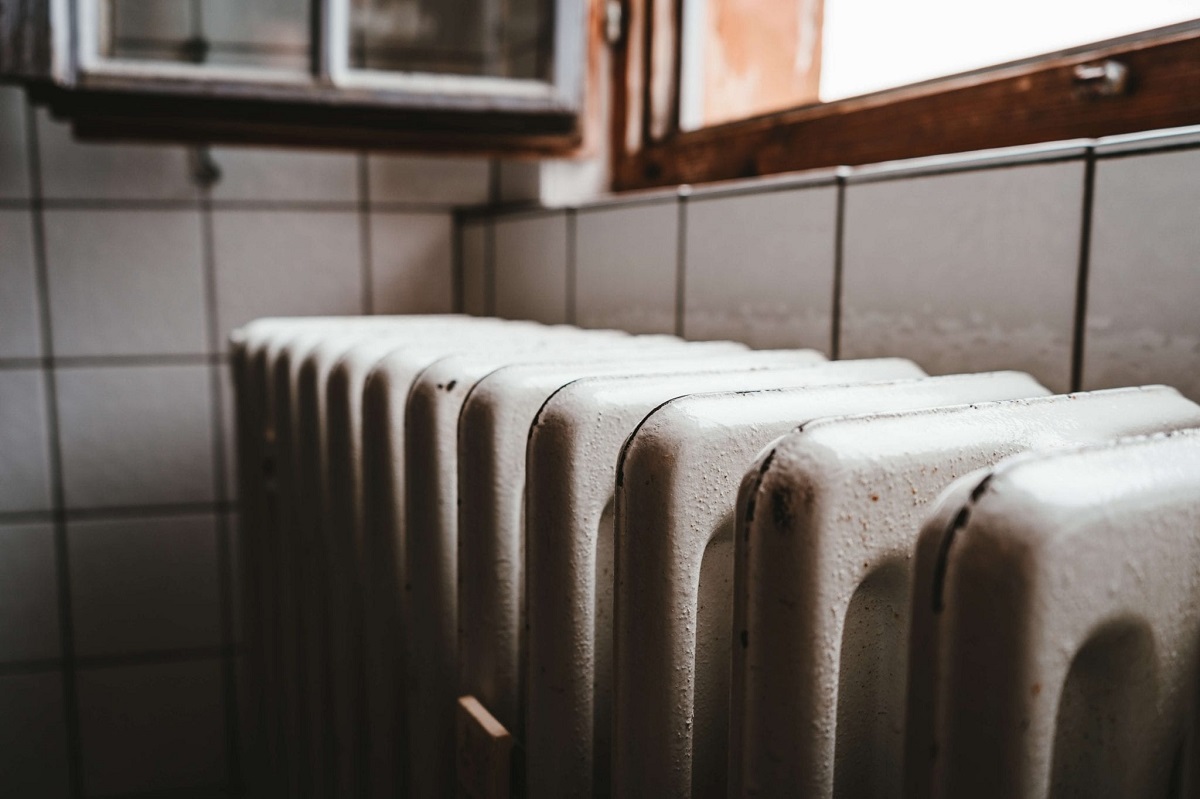Moving into a new home is exciting for first-time homeowners. However, there’s a long checklist of responsibilities for maintaining the new household’s operations. For example, expensive utilities such as your HVAC and heating system require careful maintenance. k
If you’ve recently purchased a new home, keep in mind that many of the most important safety tasks remain the same no matter the age of the house or type of air system. The best way for your household to remain safe and comfortable year-round is tof keep certain maintenance tips in mind. Here, we will look at 5 important HVAC tips for new homeowners, as well as the easiest ways to keep your air system running safely and smoothly.
1. Keep your eye on the thermostat.
The first place to begin is with the thermostat. Did your house come with a newer model or smart thermostat? Either way, knowing the connectivity of the thermostat unit and your air systems can be a cost-efficient way to keep your eye on your upcoming monthly energy bills.
Of equal importance, be sure to check out your home furnace or heating system. Newer systems require different forms of maintenance. Knowing your systems’ needs in advance can save a lot of money in the long run. For example, depending upon the type of heating system, your household unit may utilize a traditional duct system to disburse air flow of warm air throughout the living space. However, a ductless mini-split heat pump may not require ductwork at all. If you choose a modern, programmable thermostat, be sure that you pick a model compatible with your type of air system.
2. Monitor your indoor air quality.
In recent years, many smokers in the U.S. have switched from traditional cigarettes to electronic cigarettes, a vape-based tobacco product that includes nicotine, minus cigarette smoke. Although health experts and educators remain adamant that even e-liquids come with their own potential negative health effects, the vapor byproduct does less damage to a household’s interior and indoor air quality. One of the many reasons why vaping is popular is that the activity itself doesn’t contain the same overwhelming odor of cigarette smoke. However, it’s important that homeowners or family members that vape remain aware of the vapor’s effects on the home’s indoor air quality.
Almost all modern HVAC and heating systems use ductwork and vents for air flow circulation. A crucial component of the ventilation system is its air filters, which purge the household of dust, debris, and other small biological contaminants. Technicians recommend changing out your air filters every two months, as potential clogs make the filters less effective in clearing the air.
3. Change your filters for less energy.
If your next step in HVAC maintenance includes air filter changing, keep in mind that you’re not just improving your family’s air quality; you’re also protecting the air conditioner and heater. When your air filters and ductwork are clogged, the blockages force you to pump up the HVAC to full capacity, adding to the units’ wear and tear. In addition, the overuse of the equipment can spike your monthly energy bills pretty quickly.
4. Watch for hazardous leaks.
Knowing what type of heating system you have is important for many reasons. Aside from buying the right fuel, such as oil for a burner or natural gas for a traditional gas furnace, your proper maintenance depends on that information. The basic constructions of a boiler, furnace, or heat pump are all different, meaning you’ll need to know how to inspect the pilot light, as well as for dangerous leaks, such as carbon monoxide. In general, however, scheduling regular maintenance with a professional technician is always the safest bet for heating system safety.
5. Schedule routine maintenance.
The best way to guarantee the safety of your family, as well as the integrity of your air systems, is to consider a preventive maintenance agreement with a professional company. An on-call technician can provide round-the-clock emergency services, as well as provide insights into newer models of air systems to consider, tips for your newer model unit, and perform the routine tasks for which you’re unsure.




















